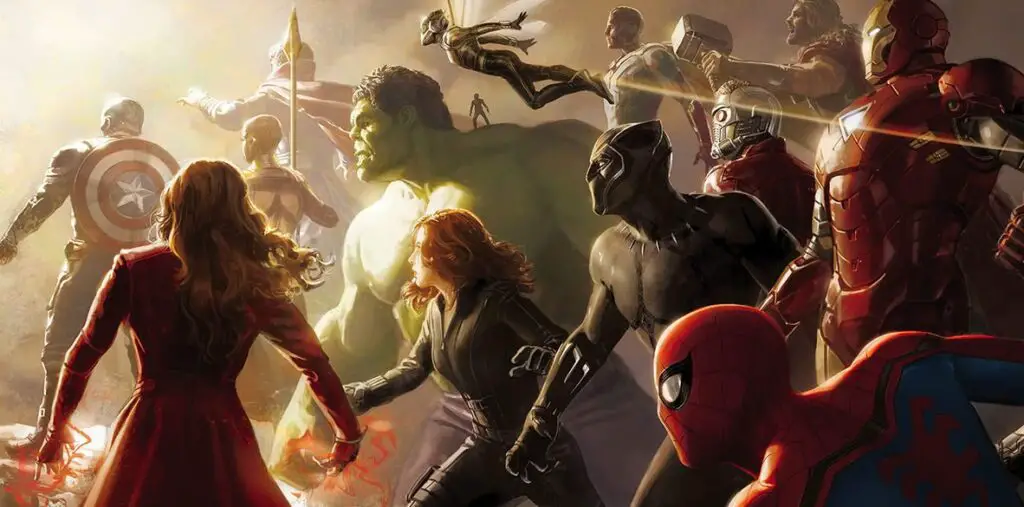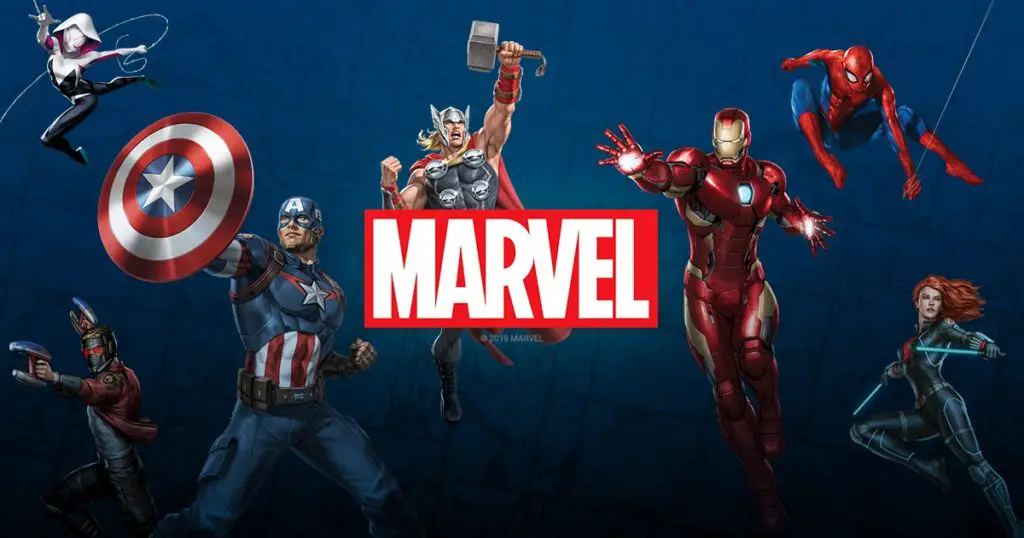The superhero genre, once a burgeoning field of cinema that promised endless adventures, seems to be at a crossroads. The marvels of Marvel, along with their DCEU counterparts, have dominated the box office for years, reaching a crescendo with over 30 films and a plethora of television series. Yet, this glut has raised the specter of a quality control crisis, with audiences showing signs of fatigue. This fatigue is not just about the quantity but the quality, as well, and a potential oversaturation of the market. The interconnectedness of these cinematic universes, once a draw, now risks becoming a liability with the demand on audiences to keep up with an ever-expanding lore.
Moreover, the call for originality is growing louder. Even though superheroes remain a box office draw, there is a palpable sense of exhaustion with the formulaic “good guy versus bad guy” trope. Amidst this backdrop, the likes of Disney’s Bob Iger have signaled a shift towards valuing quality over quantity, a strategy previously adopted for the Star Wars franchise. Meanwhile, new helmsmen like James Gunn at DC have candidly expressed the need to refresh the genre to avoid the pitfalls of repetitiveness.
Beyond Capes and Crusaders: Searching for the Next Cinematic Wave

As the superhero genre faces a potential decline in popularity, the question of what comes next looms large. History shows that the film industry is cyclical, with various genres rising to prominence at different times. The slasher films of the late ’70s and ’80s, the blockbuster era of the ’70s, the rise of romantic comedies in the ’90s, and the independent cinema movement have all had their time in the spotlight, offering unique storytelling and artistic freedom that captured audiences’ imaginations.
These past eras highlight the audience’s appetite for variety and evolution in cinema. Perhaps the industry could see a resurgence of these genres or the emergence of a new format entirely. What is clear is the industry’s need for fresh narratives and the courage to explore original intellectual properties. With some recent successes in mid-budget and non-franchise films, there is evidence of a viable path forward that doesn’t rely solely on the tried and tested superhero model.


